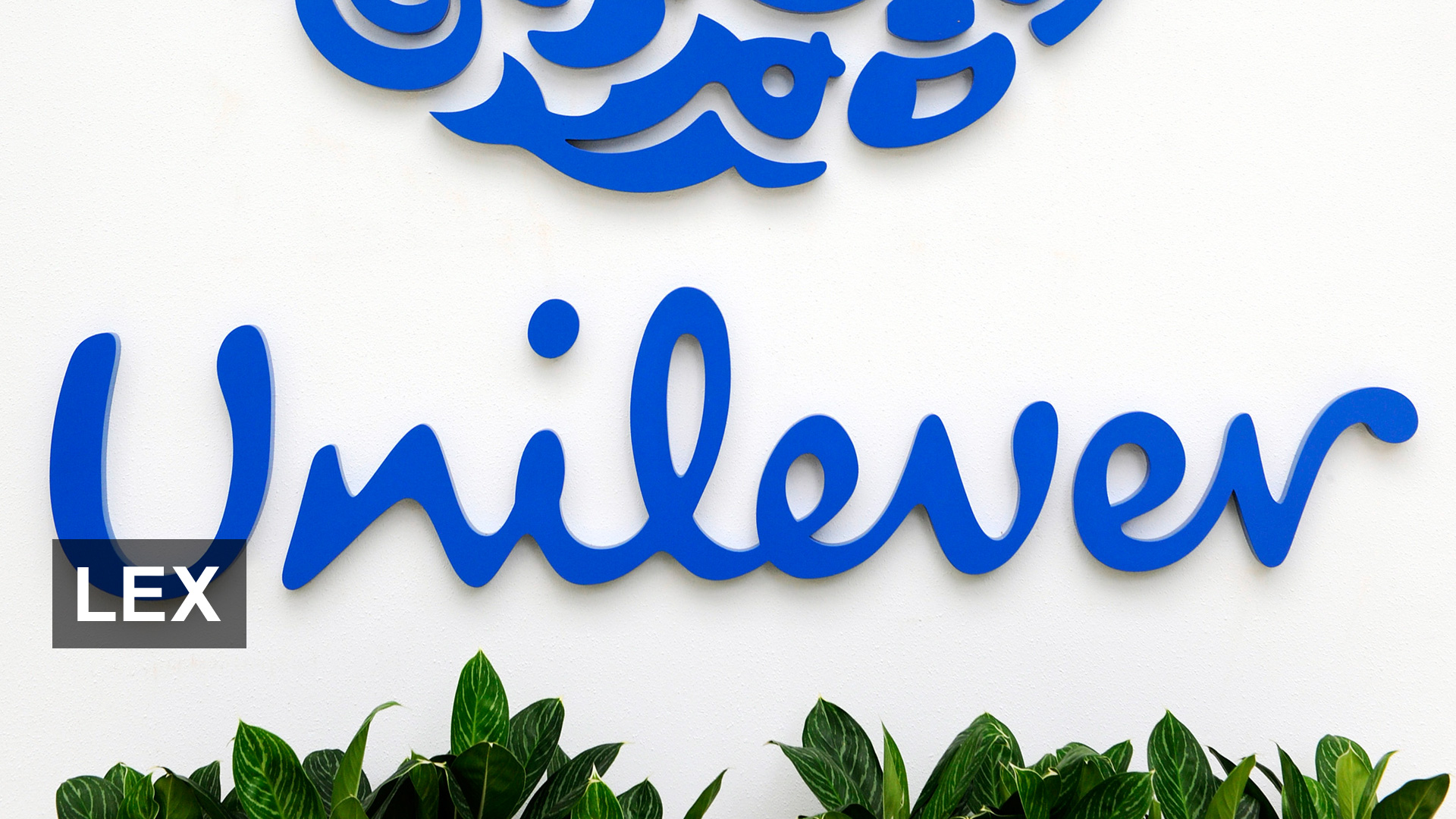
P&G Fabric & Home Care is working with the Paper Bottle Company (Paboco) to trial conditioners sold in paper bottles. A pilot is being conducted with Dutch supermarket chain Albert Heijn, with 120,000 paper bottles to go on sale in early 2023.
P&G’s vice president of R&D for Global Fabric and Home Care Sector Jerry Porter said: “Our vision to create a fully recyclable paper bottle that also holds liquids, protects the product, and maintains its integrity is an ambitious one.

“That’s why we believe that driving meaningful progress through partners and industry collaboration is what’s needed to get to this level of disruptive innovation. Each learning journey needs a starting point, and several iterations will be needed to achieve success.”
P&G joined the Paper Bottle Company (Paboco) collaborative initiative last summer. At the time, it announced plans to prototype a paper bottle for the Lenor brand, which will be fine-tuned before a pilot launch of 100,000 units in Western European markets.
In an interview with edie, Porter stated that the main challenges facing a paper bottle prototype were switching from a plastic bottle to the Paboco format for laundry products, like Lenor fabric enhancer.
The first prototypes consisted of a pulp-based paper outer and an internal barrier made from 100% recycled PET. The Lenor bottles maintain a plastic cap. Overall, the result is a 30% reduction in plastic used by weight.
P&G has confirmed that the prototypes that will go on sale next year will be composed of FSC-certified paper fibres. The inner layer of recycled plastics will also remain and P&G will monitor and explore how to merge the two materials.
P&G’s overarching commitments on plastic packaging include halving the use of virgin plastics by 2030, across all product categories. The Fabric Care Europe division has an interim ambition to reduce plastic use – including virgin and recycled – by 30% by 2025. The Home Care Europe Division is also going one step further and targeting no virgin plastic use at all from 2025. Other plastic-reducing innovations piloted by the FMCG giant include refillable aluminium shampoo and conditioner bottles with flexible plastic pouch refills.
Paboco officially launched in October 2019 as the result of a collaboration between renewable material company BillerudKorsnäs and plastic bottle manufacturing specialist Alpla. Its ‘paper bottle community’ of businesses includes big names such as The Coca-Cola Company, Carlsberg, L’Oreal and The Absolut Company and P&G.
Source edie

